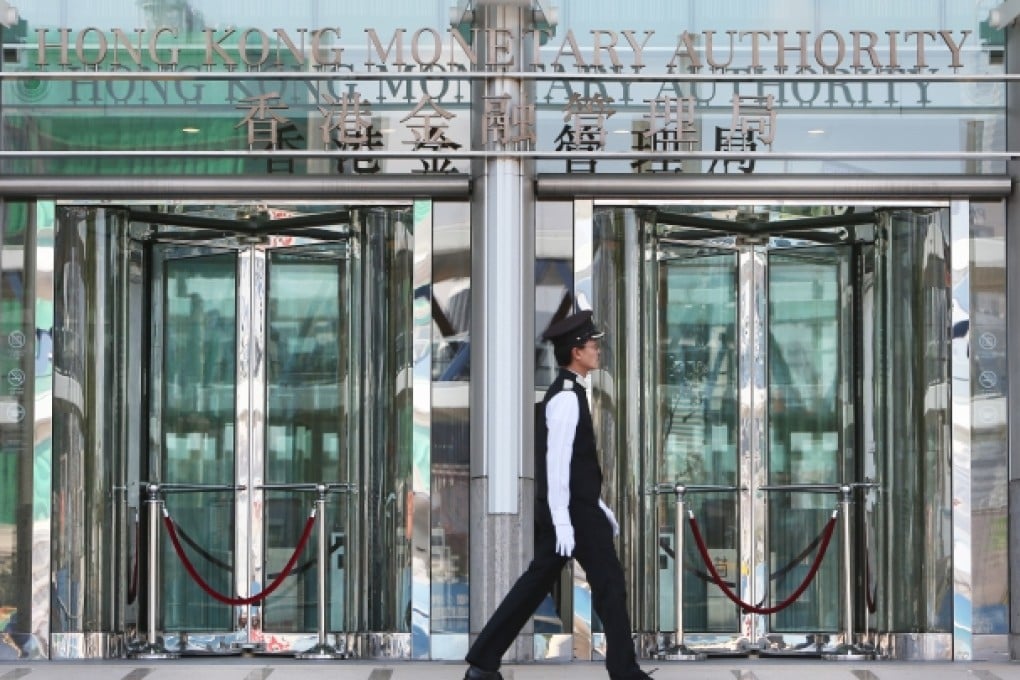Financial benchmark reform may stumble on patchy take-up

A global blueprint intended to stamp out manipulation of financial benchmarks, expected to be published late this week, risks failure if individual countries persist in pursuing their own regimes.
Regulators are expected to unveil final guidelines for improving transparency and oversight of benchmarks covering everything from interest rates to oil and gold.
But the Madrid-based International Organisation of Securities Commissions (IOSCO) has no power to enforce its recommendations and with Hong Kong and Singapore already forging ahead with their own proposals, the signs are that implementation will be patchy.
“There is no global regulatory trade body with a mandate strong enough to demand a country change its implementation of the principles which are, by nature, subject to interpretation,” said Tom White of JWG, a UK-based regulatory think tank.
This could result in different regulators taking different approaches, leaving weak spots in the system that could be exploited, he said.
Trust in financial industry benchmarks, central cogs in the global economy, has been shattered by revelations last year that traders had routinely manipulated the London interbank offered rate (Libor), used to help price some US$550 trillion in contracts worldwide, from Spanish mortgages to US credit card bills.
